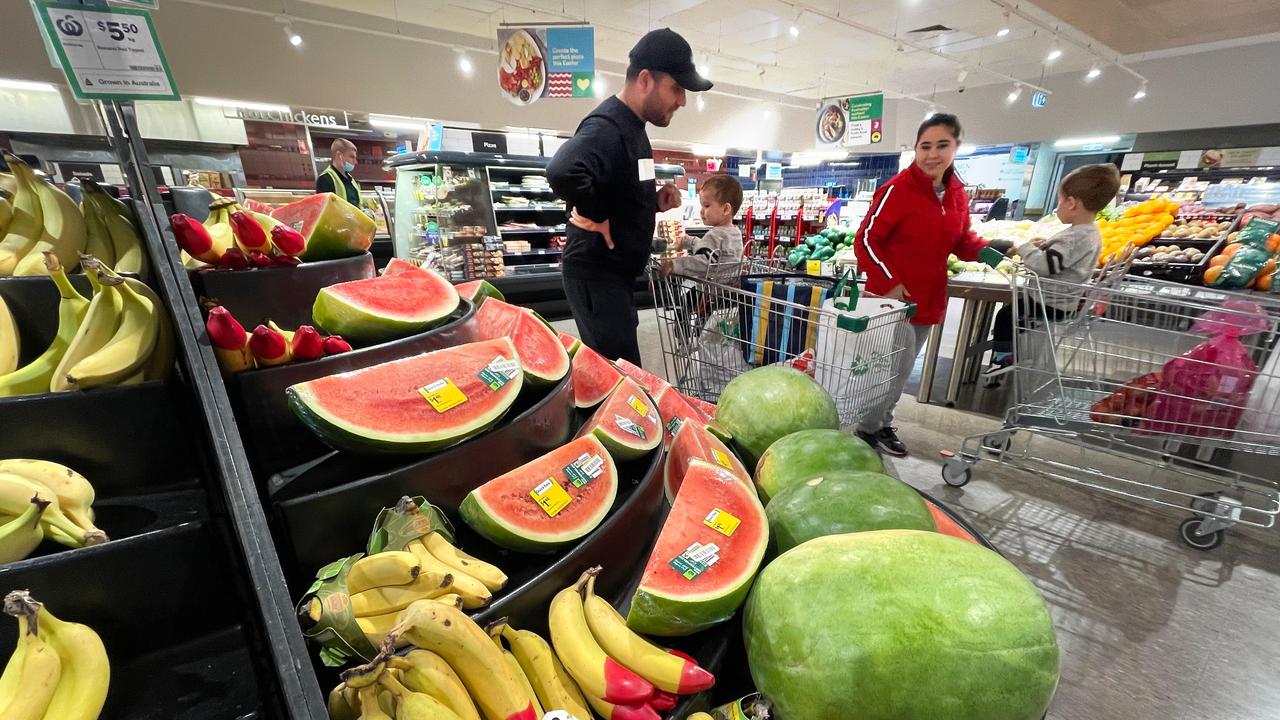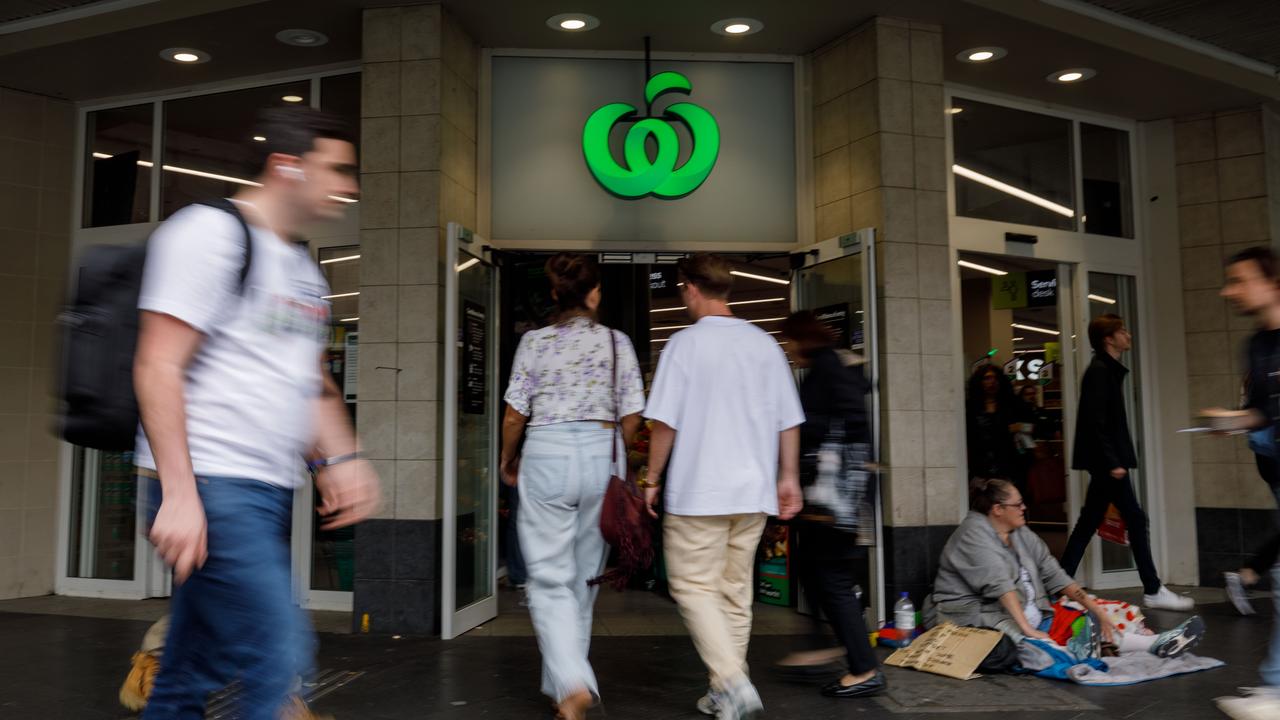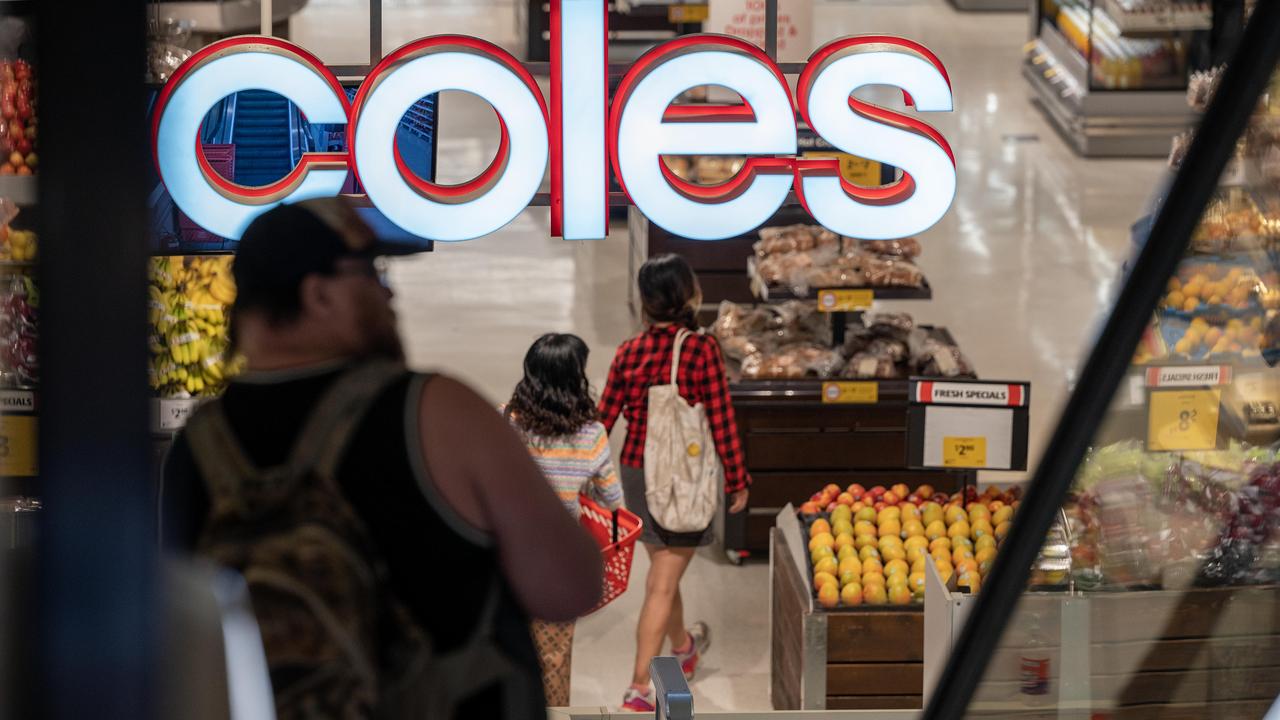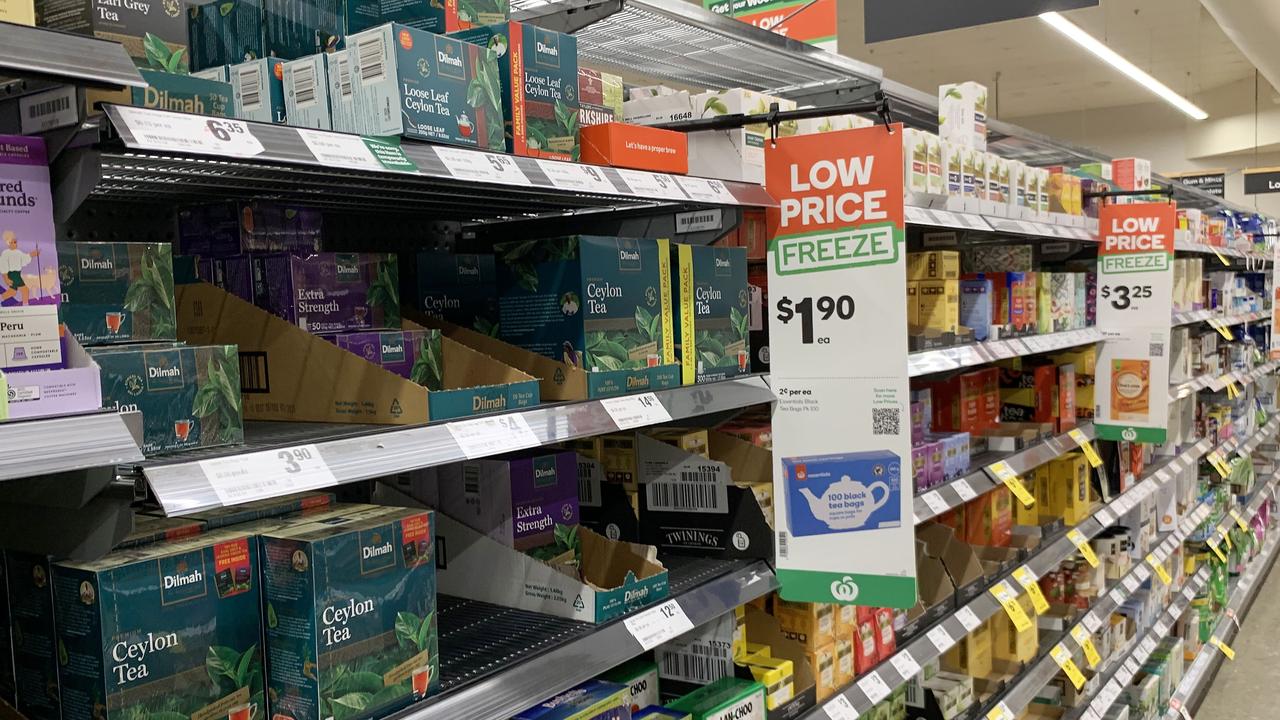Shonky Awards call out Coles and Woolworths for high prices, billion-dollar profits
More than half of those surveyed said they felt the rising prices of products at the two supermarket giants were not simply due to increasing costs.
Coles and Woolworths have both been slammed by consumer advocacy group Choice for hiking prices amid the ongoing cost-of-living crisis.
This year the two major supermarkets both received Shonky Awards, an annual list that recognises the worst products and services of the year.
Both companies recorded more than a billion dollars in profit this year, and Choice CEO Alan Kirkland said Australians were “questioning whether that is justified”.

More than 60 per cent of a nationally representative sample said in September that they believed the two supermarkets were profiting when prices increased, while only one in five thought the duopoly was doing enough to keep prices low.
“The same survey found 88 per cent of Australians are worried about the cost of food and groceries, up from 56 per cent in January 2021,” Mr Kirkland said.
“While Coles and Woolies have been promoting how they’re supposedly helping with the cost of living, in the background they’ve been banking huge profits.
“At the same time, frequent changes in prices mean it’s hard to tell if you’re even getting a genuine discount. They are well and truly deserving of a Shonky award.”
North Sydney shopper Graham Dawson told Choice that he had experienced feelings of “powerlessness” against such corporations amid skyrocketing prices.
“Every time I go into the supermarket I find something has gone up,” he said.
“I thought some of it might be temporary and it might go down, but the only thing that has gone down is avocados.
“Everything else is going up.”

A Woolworths spokesperson said the supermarket giant was doing “more every day” to help customers save money.
“We’re acutely aware of the pressure that’s being placed on Australian families through cost-of-living increases, whether they are our customers or our team members,” they said.
The spokesperson pointed to the supermarket’s Low Price program, Prices Dropped campaigns and thousands of weekly specials.
“We know there’s more to do and that’s why we’ll continue to invest in the future, whether that’s support for our team, creating jobs, investing in communities and paying fair prices to the thousands of businesses (both large and small) we work with across the country.”

A Coles spokesperson said the company only made $2.60 for every $100 a customer spent.
“This ensures we can continue to employ more than 120,000 Australians, partner with more than 8000 suppliers and farmers, support local communities and continue to invest in value for the millions of customers who visit our stores every week,” they said.
“Over the past few months, we’ve reduced the price on more than 500 products and we’re committed to ensuring the products our customers rely on each week are the best possible value they can be.”
Choice director of campaigns and communications Rosie Thomas said less than 20 per cent of shoppers thought the two supermarket giants were doing all they could to keep prices down.

“Both supermarkets love to talk up what they’re doing to help customers in their advertising, and they heavily promote their so-called specials in store,” she said.
“This is despite the fact that for some specials it may be hard to tell if you’re getting a genuine discount.”
Earlier this year, former Australian Competition and Consumer Commission chair Rod Sims called for increased competition in the supermarket market.
“At a time of general concern about rising prices, they can increase prices a little bit more,” Sims told The Guardian Australia in May.
More Coverage
“They’ve only got to watch each other rather than anybody else because the two are so dominant.”
Coles and Woolworths were joined in the Shonky Awards by Kogan for “tricking customers into a $99 sign-up” fee with Kogan First, and the Xbox Mini Fridge that “doesn’t make things cold”.
Other fellow recipients for 2023 included RentTech for “data gouging” desperate renters, and personal alarms, which are used by vulnerable people to alert carers to an incident, for being “unreliable and hard to use”.




